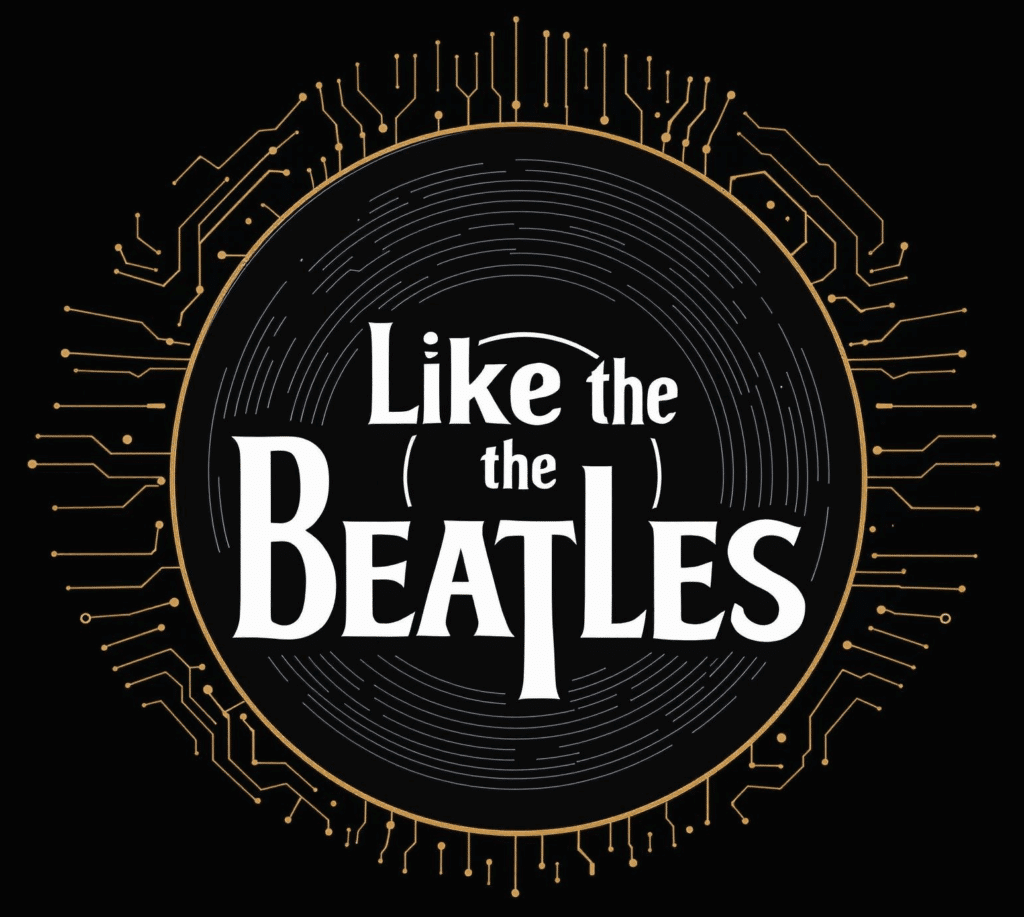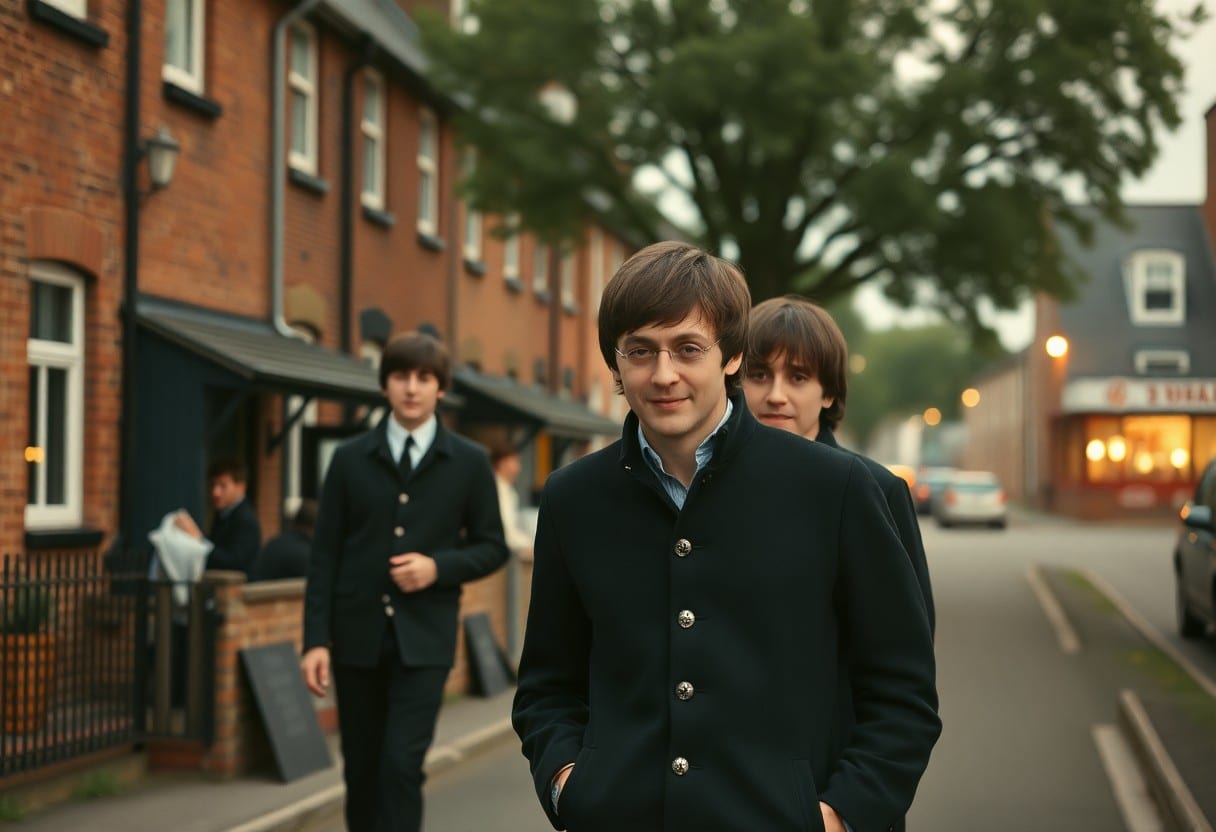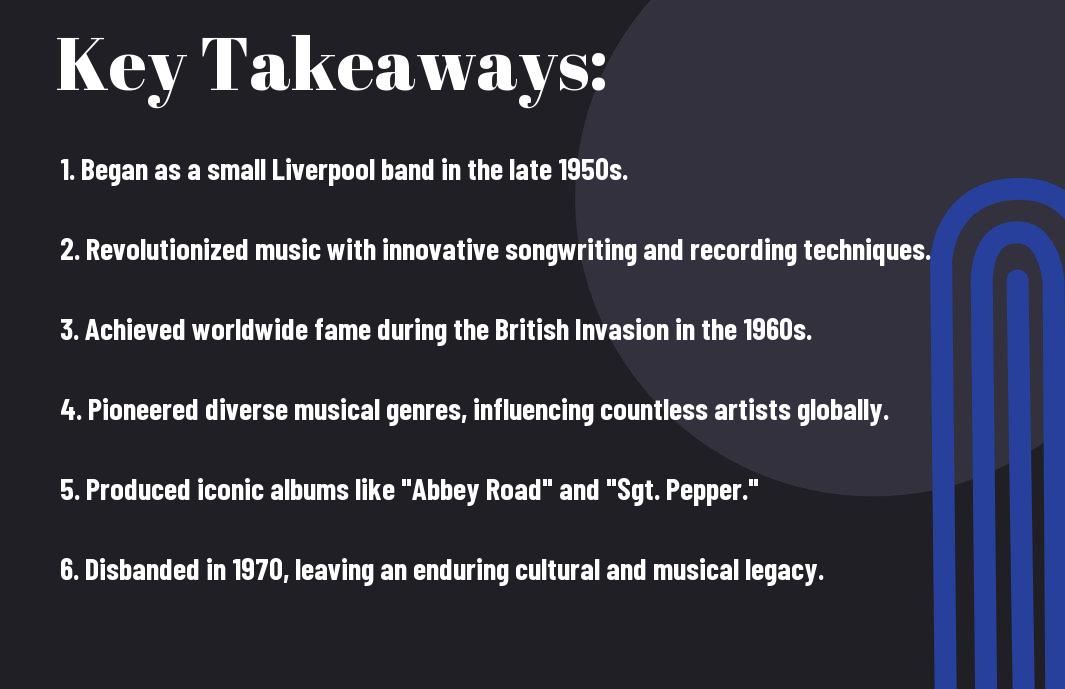It’s fascinating to explore The Beatles’ remarkable journey, which transformed not just music, but also culture worldwide. From their humble beginnings in Liverpool to dominating the global stage, I will take you through six pivotal steps that defined their legacy. Each moment was filled with challenges and triumphs, shaping their identity and influence. You’ll see how innovation fueled their creativity and how their music continues to resonate with audiences today. Join me as we examine into the timeline of these iconic legends for a deeper understanding of their enduring impact.
The Early Years: Formation and Breakthrough
Before they became legends, The Beatles started as a humble band in Liverpool, navigating their way through the music scene. Their initial formation in 1960 marked the beginning of an extraordinary journey that would soon captivate the world. As they honed their craft, their unique sound began to resonate with fans, setting the stage for their monumental breakthrough.
The Birth of The Beatles
Above all, the spark that ignited The Beatles came from a shared passion for music and a friendship that would prove to be unstoppable. Formed by John Lennon, Paul McCartney, George Harrison, and later Ringo Starr, this dynamic quartet cultivated a creative chemistry that transformed their initial attempts at stardom into something remarkable.
Early Performances and their Impact
One of the defining aspects of The Beatles’ early years was their relentless gigging in local venues. They played at various clubs, including The Cavern Club in Liverpool, where they captivated audiences with their energetic performances. These shows not only helped them refine their sound, but they also attracted the attention of record labels, marking the turning point in their career.
Early performances were instrumental in shaping The Beatles’ identity. They put their heart and soul into each show, creating a fervent connection with the audience that was palpable. Their growing reputation quickly spread, leading to major opportunities to record and tour more widely. This relentless pursuit of excellence and their ability to engage listeners resulted in a surge of popularity that laid the foundation for their iconic status in music history.
Rise to Fame: The Beatlemania Era
If you’ve ever seen scenes of frenzied fans screaming at concerts, you’ve witnessed the raw energy of Beatlemania. This era marked a seismic shift in music and pop culture, launching The Beatles from Liverpool’s clubs to global superstardom. With their catchy tunes, innovative style, and captivating performances, The Beatles became not just a band, but a cultural phenomenon that forever changed the landscape of music and youth culture.
Key Albums and Hits
Between 1963 and 1966, The Beatles released a series of iconic albums and singles that defined the era. From “Please Please Me” to “Revolver,” each record showcased their evolving sound, blending rock, pop, and experimentation. Hits like “I Want to Hold Your Hand” and “A Hard Day’s Night” topped charts worldwide, fueling an insatiable demand for more music from the band.
Cultural Impact and Fan Frenzy
Around the world, The Beatles ignited a frenzy among fans that was unprecedented. Their music inspired a generation, while their style influenced fashion and attitudes. The legendary appearances on shows like “The Ed Sullivan Show” captivated American audiences and set the stage for future pop acts. The wave of Beatlemania saw fans camping out for concert tickets, demonstrating the profound connections people felt with the band and marking a pivotal moment in music history.
A frenzy of excitement surrounded Beatles concerts, where thousands of loyal fans would gather, often leading to chaotic scenes outside venues. In some cases, the mania escalated to dangerous levels, with fans fainting and injuries occurring. The Beatles’ presence on television and radio propelled their popularity to staggering heights, and I believe it’s necessary to acknowledge how this shaped modern fandom. With this powerful connection to their audience, The Beatles established a legacy that transcended music, resonating in the hearts and minds of millions worldwide.
Musical Evolution: Experimentation and Innovation
After breaking through the pop scene, The Beatles initiateed on a profound journey of musical evolution. They consistently pushed boundaries, incorporating diverse genres and innovative techniques into their music. This experimentation not only transformed their sound but also influenced countless artists worldwide. Each step recognized the importance of creativity and innovation, making their journey a remarkable study in the dynamics of artistic growth.
Pioneering Studios and Techniques
At the forefront of sonic exploration, The Beatles revolutionized the recording process through their ventures in groundbreaking studios and the adoption of innovative techniques. By using multi-track recording and unconventional instruments, I witnessed their ability to craft a distinct sound that resonated with millions, paving the way for the modern recording industry.
Iconic Albums in the Psychedelic Era
At a pivotal time in music history, The Beatles unleashed a series of iconic albums during the psychedelic era. These works, including “Sgt. Pepper’s Lonely Hearts Club Band,” marked a departure from traditional song structure, introducing lyrical depth and artistic experimentation that captivated audiences around the globe.
Also, albums like “Magical Mystery Tour” and “The White Album” showcased an array of genre-bending styles, from avant-garde soundscapes to rich orchestration and thought-provoking lyrics. Each track served as a testament to their evolving artistry, embodying themes of love, imagination, and the counterculture movement. The Beatles’ willingness to venture into the unknown not only shaped their identity but also inspired generations of musicians to explore the limitless possibilities of music.
The Decline: Challenges and Changes
To witness the decline of The Beatles is to understand the profound challenges and transitions they faced. Amid their meteoric rise to fame, the pressures of fame, personal differences, and evolving musical ambitions began to reshape the iconic group. Each member sought individual artistic expressions, which ultimately initiated a shift in their dynamic and a gradual disbandment.
Internal Conflicts and Member Changes
With increasing tensions among band members, creative differences began to emerge, leading to conflicts that strained their relationships. The departure of Brian Epstein, their manager, marked a turning point, significantly intensifying the discord. As each member pursued their own interests and collaborations, the unity that had characterized The Beatles began to erode.
The Final Studio Albums
After achieving unprecedented success, The Beatles released their final studio albums, including the groundbreaking “Sgt. Pepper’s Lonely Hearts Club Band” and “Abbey Road.” These albums reflect a deep exploration of sound and musical innovation, showcasing their growth as artists even as internal strife loomed large.
Hence, the final studio albums featured experimentation and a blend of various genres that highlighted their maturity and willingness to push musical boundaries. “Abbey Road,” their last recorded project, is remembered for its iconic tracks and innovative production, while “Let It Be” captures a sense of melancholy amidst turmoil. Each track is a testament to their artistic brilliance, yet they also reveal the complexities of their relationships and the emotional weight they carried. The importance of these albums cannot be overstated, as they encapsulate both the triumphs and challenges of The Beatles’ extraordinary journey.
Legacy: Influence on Music and Culture
Many artists and bands have drawn inspiration from The Beatles, reflecting their profound impact on the music industry and broader cultural landscape. They revolutionized song structure, embraced diverse genres, and pioneered new recording techniques, influencing countless musicians and shaping the very foundation of modern pop and rock music. Their messages of love, peace, and social change resonate even today, bridging generational gaps and uniting fans across the globe.
Lasting Impact on Future Generations
Future generations of musicians continuously reference The Beatles—not just in their melodies but in their lyrics and artistic experimentation. Iconic bands such as Oasis, Coldplay, and even solo artists like Billie Eilish cite The Beatles as a significant influence, highlighting the band’s lasting legacy in pushing the boundaries of creativity within music. Their ability to intertwine authentic emotions with catchy tunes continues to inspire new sounds today.
Recognition and Honors
Influence from The Beatles can be seen through their multitude of accolades, including numerous Grammy Awards and honors that solidify their position in music history. They have earned a *place of profound significance* in pop culture, with an induction into the Rock and Roll Hall of Fame just a year after it was founded. Additionally, their music has received Grammy Lifetime Achievement Awards and various other recognitions, affirming their status as one of the most celebrated bands in history.
And as I explore their journey, I am struck by the sheer volume of recognition and honors bestowed upon The Beatles. They have played an integral role in shaping the music landscape, achieving multiple number-one hits and securing their place in the Guinness World Records for their incredible sales figures. With over 600 million records sold worldwide, their accolades are more than just trophies; they reflect their undeniable *impact and relevance in today’s society*, inspiring both established artists and emerging talents alike. Their ability to influence so many creators across diverse genres underscores their unique legacy and importance in music history.
Summing up
Following this journey through The Beatles’ legacy, I believe you can better appreciate the profound impact they’ve had on music and culture. From their early days in Liverpool to their innovative studio techniques and eventual solo careers, their evolution is a testament to creativity and collaboration. By understanding these six must-see steps, you can enrich your own knowledge of their iconic status and influence across generations. It’s a fascinating exploration that highlights how their artistry continues to resonate with audiences today.












